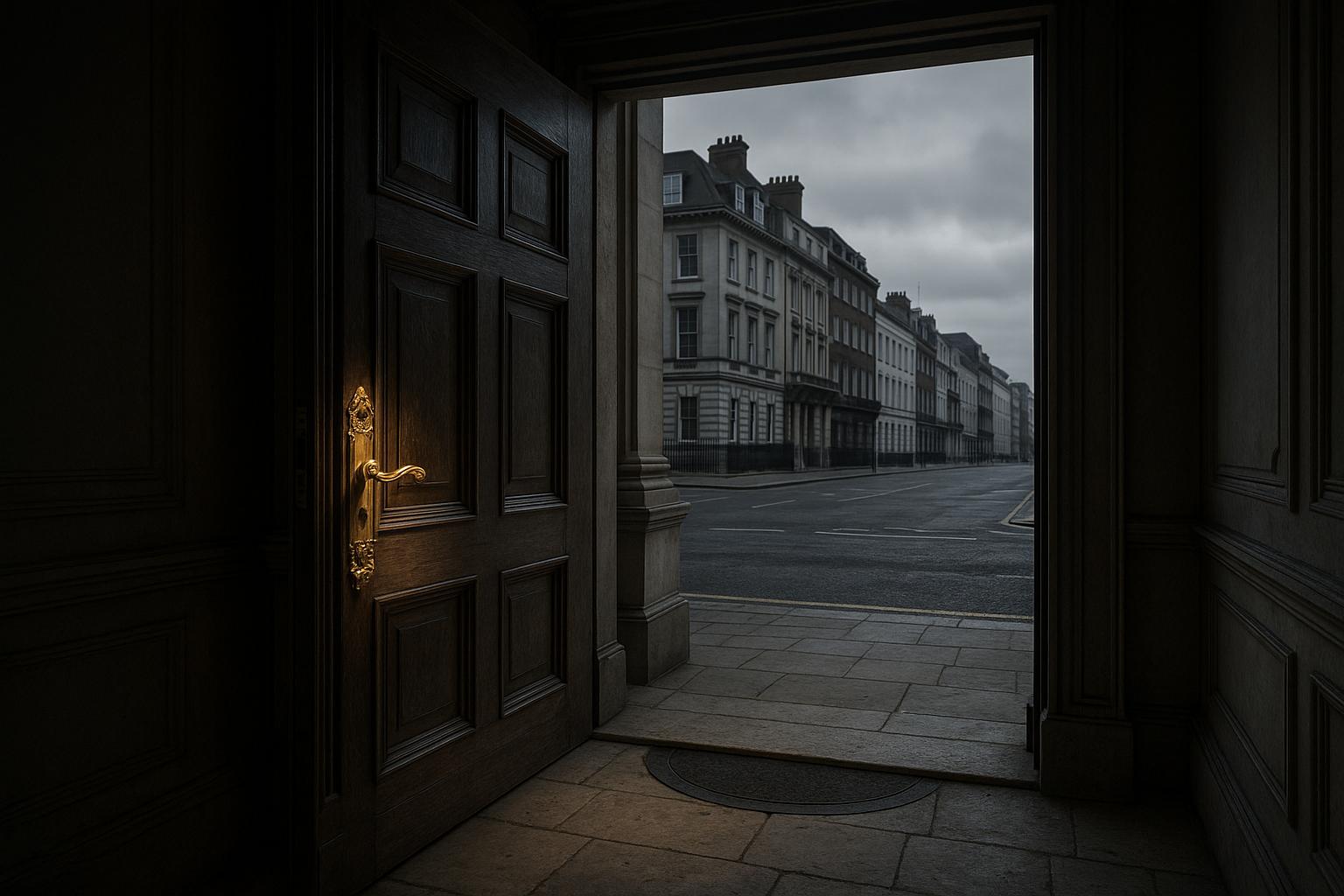A Grade II-listed mansion in Mayfair, London, is currently available to rent for an eye-watering £1.3 million per year, equivalent to approximately £108,333 per month—an amount comparable to the average deposit paid by first-time buyers in London. The historic property, credited as a former residence of King William IV and built in 1753, boasts six bedrooms, a striking double-height atrium, and preserved original architectural features. While such a rental figure may appear extravagant, estate agent Peter Wetherell, founder and chairman of Wetherell, suggests that ultra-high-net-worth individuals might see it as a financially savvy choice.
This perspective is especially relevant given the stamp duty tax landscape in the UK. For foreigners purchasing luxury properties in London, the tax burden has become significantly heavier in recent years. A 19% stamp duty rate now applies to foreign buyers acquiring high-value homes in the capital, a rate bolstered by an additional 2% surcharge on properties exceeding £1.5 million. This surcharge was introduced in April 2021 and has raised the top rate to 17%, with the total reaching 19% after combining other levies, according to property advisory sources. Such high transactional taxes have driven some international buyers to reconsider outright purchases in favour of high-cost rentals to avoid the substantial upfront tax implications.
Sales volumes in London's prime property market recently saw a surge, with transactions worth around £400 million completed as buyers hurried to finalise deals ahead of a government budget announcement that increased the stamp duty surcharge for overseas buyers from 3% to 5%. This rush underlines how sensitive the luxury market is to changes in stamp duty policies and reinforces the appeal of renting as a flexible alternative amid uncertain tax environments.
Moreover, the taxation landscape for high-net-worth individuals purchasing via corporate entities has added further complexity. A 15% stamp duty rate applies on residential properties held within companies, which represents a significant tax hurdle. Data from Wetherell estate agents reveals that nearly 40% of purchases they managed in the last year and a half were conducted through corporate structures, highlighting the prevalence of such arrangements despite the heavy tax cost.
Comparatively, London’s stamp duty rates on foreign buyers remain steep, but they are still moderate when placed against global benchmarks. For instance, Singapore enforces a combined Additional Buyer’s Stamp Duty of up to 60% for foreigners, effectively elevating overall taxation on premium residential properties to around 64% of the purchase price. This extreme duty hike aims to control speculative investment but also provides perspective on how London’s taxation fits within an international context.
While the large rental figure for the Mayfair mansion might raise eyebrows, for wealthy international clients facing elevated stamp duty charges—either directly or through company-owned properties—renting such exclusive accommodations may be an economically reasonable strategy, avoiding upfront tax and maintaining flexibility in a volatile market.
📌 Reference Map:
- Paragraph 1 – [1], [2]
- Paragraph 2 – [1], [5]
- Paragraph 3 – [3]
- Paragraph 4 – [4]
- Paragraph 5 – [5], [7]
- Paragraph 6 – [6]
- Paragraph 7 – [1], [4], [5]
Source: Noah Wire Services
